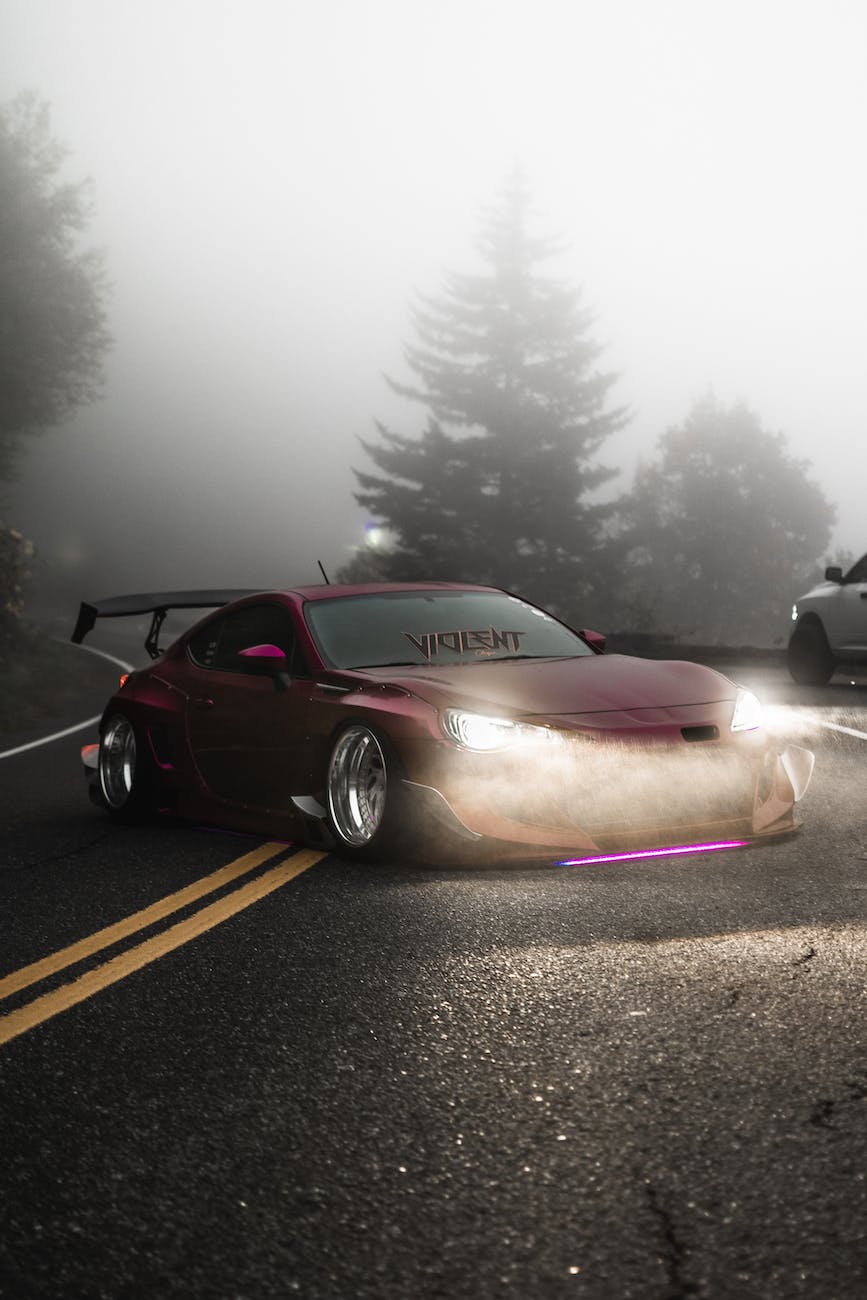THOUGHTS, IDEAS, QUESTIONS, PROCESS, LESSONS,
Student Post
Improv is like Driving –
Learning to live on the edge
KASHYAP SRIDHAR – Week 5
Week 5:
Improv is like Driving – Learning to live on the edge
I asked myself what it is that I wanted to write about. On the way to the Country Hills library last week, I realized a good number of overlaps and commonalities between driving and improvisation on stage.
Rules/Games: Rules help us define the restrictions and set the boundary for what is accepted, safe to do and follow. These rules provide us with a common language for all of the people driving to follow. Rules serve a similar purpose in improv and scene work, they provide some structure to the game in the scene, but we have to be careful to not let the rules dictate how we behave.
Safety: Rules in real life or while driving provide the psychological safety we need to feel relaxed and safe. Traffic Rules help me set my expectations around the behaviors of other drivers, environment, pedestrians etc. It gives me an opportunity to feel relaxed on the road while driving. This helps me increase my awareness and be present. In improv, this safety comes from trusting my fellow team players and being assured that my teammates will take care of me and vice versa. This being there for the other player makes me not complacent but be present.
Focus (Give & Take): You have to have different levels of focus in both driving and while on stage improvising. With driving I usually tend to get into the soft focus quickly (this feeling helps me awake and feel alive) by paying attention to everything around me like cars, people, surroundings and weather etc, without paying hard attention to one thing while driving like to music, or the gas/breaks or to traffic. This subtle soft focus is a detached focus that provides unique perspectives in improv scenes as the audience, as the Director or as the player, In scenes I am striving to attain the level of detached focus and I believe this is where the intellect can play an important role.
I am working to use my intellect to ask questions to keep me in the conscious level and without getting sucked into a particular issue or thing by helping me be in the soft focus level. By turning the intellect ON/OFF effectively I can start to use both the intellect and presence to make me a better improviser.
Relationships: Just like driving in traffic we need to connect and communicate with others around us, While driving, we establish relationships with our fellow passengers, with the pedestrians, other cars and the environment around us. In stories we tell on stage, it’s about the connection and communication we have without fellow players on stage. Though the relationships between different people in traffic is not clear, it still helps in playing the game and making it alone. For example, knowing your fellow traffic mate, you can start to drive in a non-competitive way to play safety with your fellow traffic on the road, so is the case with improv on -stage. The relationships between the players is what makes the audience interested.
Varying Perspectives: As a driver, I can take the perspective of the driver of the vehicle or as a passenger or as a fellow driver. You can try to take different perspectives when making decisions while driving, In improv it’s the same, we need to try and take different perspectives as the first-person actor, as the audience, the director. An actor can also take the perspective as the actor and as the character. We can also shift our perspectives from taking the child-like playful attitude (the non-intellect) and sometimes the adult-like perspective/attitude which uses the intellect.
This way, by using intellect and not using the intellect we can choose to live on the edge.




0 Comments